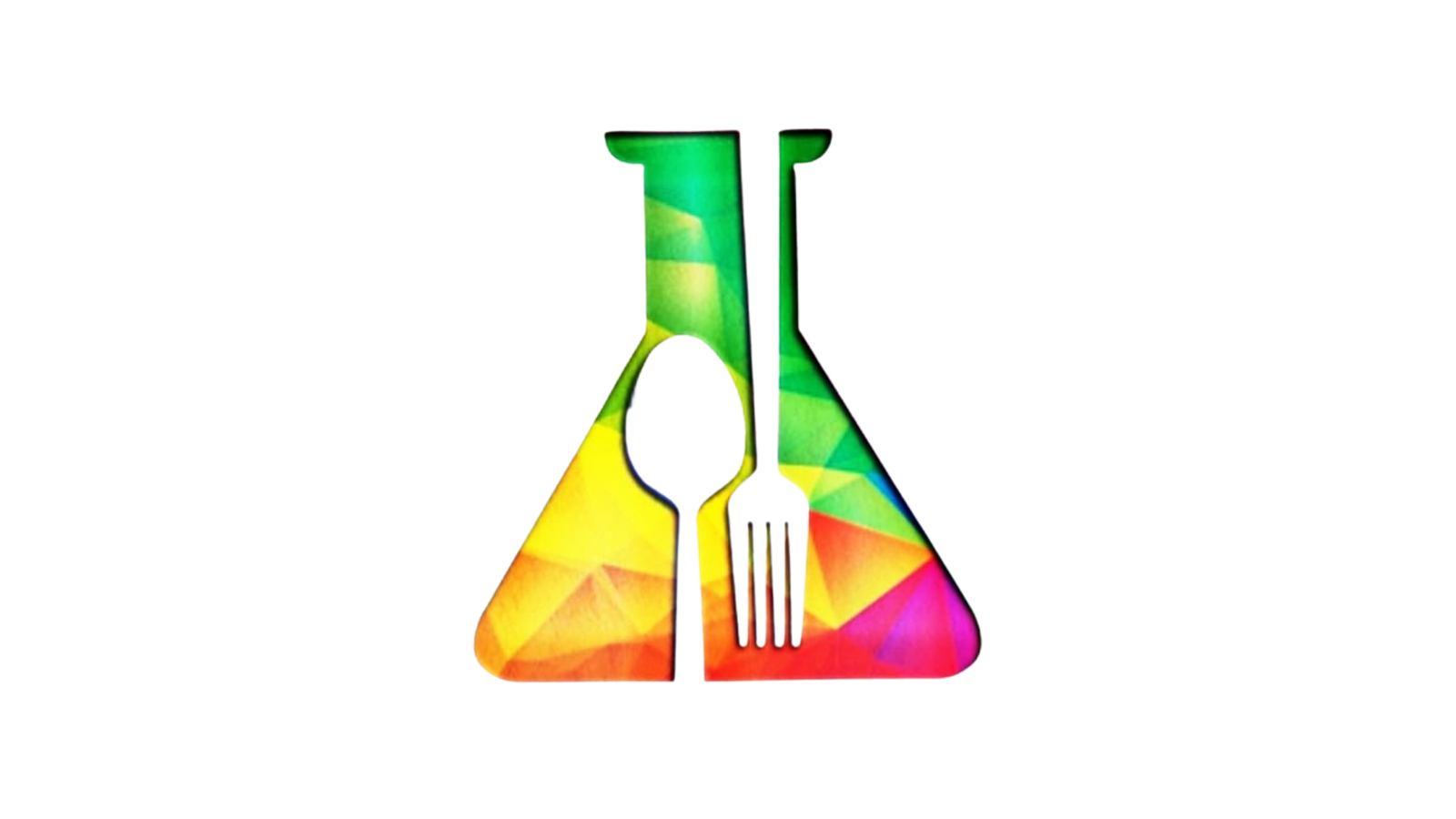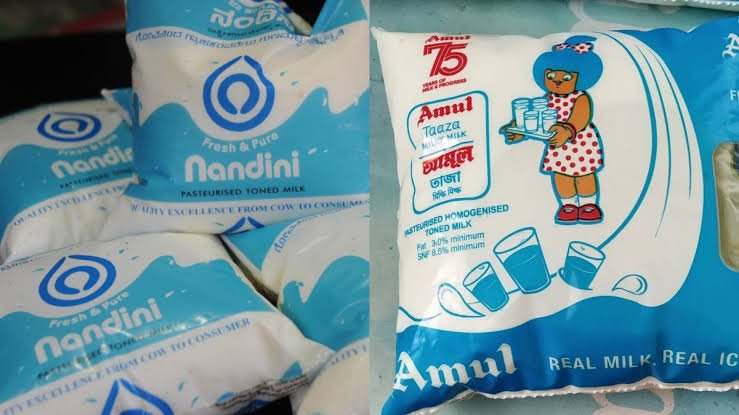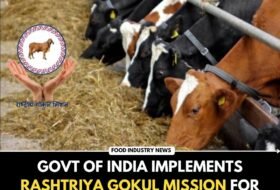Consumers in Bengaluru currently pay only Rs 39 for a litre of Nandini toned milk containing 3 per cent fat and 8.5 per cent SNF (solids-not-fat). Compare this with the Rs 54 per litre price for Amul toned milk in Delhi and Rs 52 per litre in Gujarat.
For all the political brouhaha over the “entry” of Amul into Karnataka’s milk market — amplified in the run-up to the state Assembly elections, the economic reality is simple: No dairy concern, including the Gujarat Cooperative Milk Marketing Federation (GCMMF), is in a position to take on the Karnataka Cooperative Milk Producers’ Federation (KMF) today.
The reason is price. KMF milk, marketed under the Nandini brand as opposed to GCMMF’s Amul, is the cheapest in India. Consumers in Bengaluru currently pay only Rs 39 for a litre of Nandini toned milk containing 3 per cent fat and 8.5 per cent SNF (solids-not-fat). Compare this with the Rs 54 per litre price for Amul toned milk in Delhi and Rs 52 per litre in Gujarat.
The same goes for full-cream milk having 6 per cent fat and 9 per cent SNF, where GCMMF is charging Rs 66 a litre in the national capital region and Rs 64 a litre in Gujarat. Till early-March, this milk from Nandini was retailing at just Rs 50 for one litre and Rs 24 for 500 ml. KMF has since hiked the price indirectly by charging the same for smaller packs of 900 ml and 450 ml respectively.
But even after factoring in “shrinkflation”, the effective price of Rs 53-56 per litre for Nandini full-cream milk works out way below Amul’s. The maximum retail price of Nandini curd is also only Rs 47 per kg, against Rs 30 for a 450-gm pouch (Rs 66-67/kg) of Amul’s.
“Nobody can compete with KMF. Its low prices guarantee a virtual monopoly for Nandini in Karnataka,” an industry source said. But how is Nandini milk priced so low to make it impossible for any other player, whether cooperative or private, to compete?
It has to do with a scheme that was the former Chief Minister BS Yediyurappa’s baby. In September 2008, the BJP government under him, started giving a Rs 2 per litre incentive to farmers supplying milk to the KMF-affiliated district unions, over and above the latter’s procurement price. Five years later in May 2013, the Siddaramaiah-led Congress government doubled the incentive and further raised it to Rs 5 per cent litre in November 2016. In November 2019, when Yediyurappa was back as CM, it was hiked again to Rs 6/litre. Annually, the Karnataka government incentive to milk producers adds up to about Rs 1,200 cr.
The political row over Amul intensified with Opposition leaders like JD(S)’s H D Kumaraswamy and Leader of Opposition from Congress Siddaramiah attacking the Karnataka government for destroying the ‘state’s pride’, Nandini brand and Karnataka Chief Minister Basavaraj Bommai defending Amul’s entry downplaying any threat to Nandini.
What triggered the row was the GCMMF announcement on April 5 that it would start selling Amul milk and curd in Bengaluru. On Sunday, the Bruhat Bengaluru Hotel Association jumped into this and said it has urged hotels in the capital city Bengaluru to use the products of local brand Nandini.
In a tweet on Sunday afternoon, Siddaramaiah said, “You have already stolen banks, ports & airports from Kannadigas. Are you now trying to steal Nandini (KMF) from us? Instead of giving 2 crore jobs a year to our youths, @narendramodi took away the jobs of Kannadigas from our banks, ports & airports. Now @BJP4Karnataka wants to hurt the prospects of our farmers by giving KMF to AMUL.”
Bommai said, “There should not be any politics over Amul’s entry. Nandini products are sold in other states too. The government will take steps to make Nandini competitive with Amul, in the open market. However, we will not block the entry of Amul.”
When contacted, GCMMF Managing Director Jayen Mehta told The Indian Express, “We will never undermine or undercut any dairy cooperative anywhere in India.” Also, GCMMF isn’t entering Karnataka for the first time.
“We have been selling Amul milk in northern Karnataka markets such as Belgaum and Hubli-Dharwad since 2015, and are now entering Bengaluru city. But we will be selling only through e-commerce and quick-commerce platforms. There’s no question of competing with Nandini,” Mehta said.
The price incentive has done two things.
First, it has given a huge stimulus to dairying in Karnataka, with procurement by the KMF unions soaring from an average of 30.25 lakh kg per day (LKPD) in 2007-08 to 58.61 LKPD in 2014-15 and 81.66 LKPD in 2021-22. KMF’s milk procurement in 2021-22 was next only to GCMMF’s 263.66 LKPD. The two together account for about 60 per cent of the procurement by all dairy cooperatives in India.
Second, the price incentive has enabled KMF to charge consumers less. “What was meant initially to benefit farmers has ended up subsidising the software engineer in India’s IT capital. It has distorted the market, so much so that not even Amul can challenge Nandini in Karnataka,”
🔊 Be Aware, We never charge any consultancy fee for jobs.
📲 Foodtech Network WhatsApp Jobs Group
🔗 WhatsApp Groups
🖥 Food Safety Training programs
🔗 https://bit.ly/3fbjKRz
📈 Food Entrepreneurs & Startups (Our services)
🔗 https://bit.ly/3JDyPIN





















